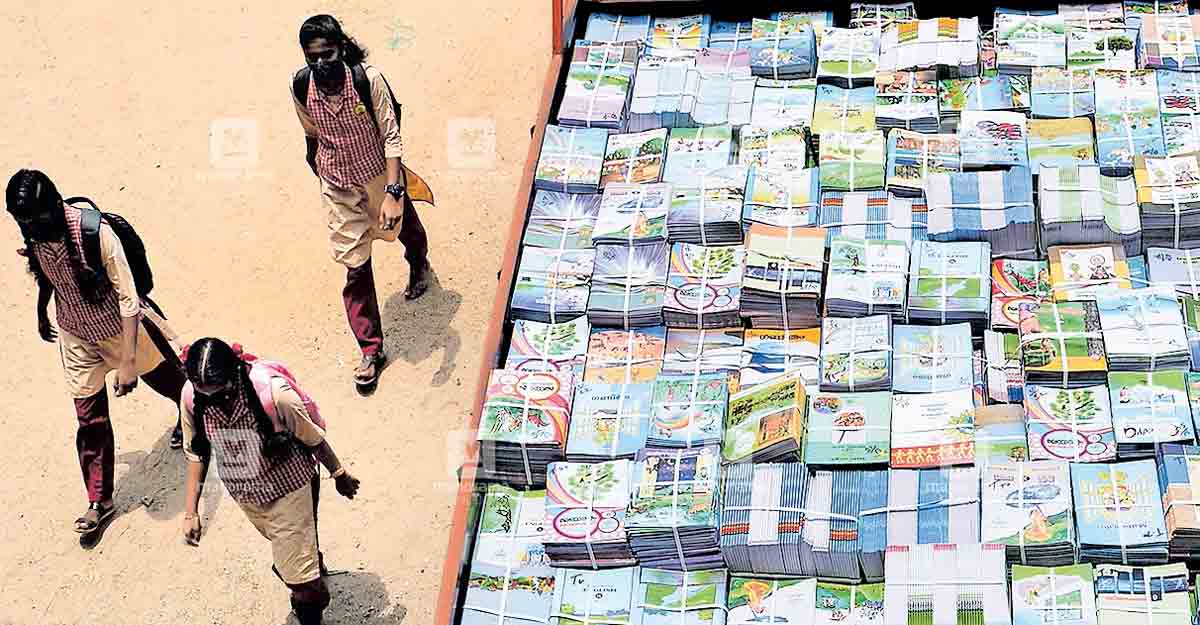Kerala govt approved 35% additional budget for printing, distribution of textbooks: CAG

Mail This Article
Thiruvananthapuram: The Comptroller and Auditor General (CAG) has found several anomalies in the printing and distribution of school textbooks in Kerala.
According to the CAG, the government granted a 35 per cent additional budget to the Kerala Books and Publication Society (KBPS) for these purposes, violating the stipulations in the store purchase manual.
The CAG also criticised the government for giving the contract to buy paper to print textbooks to the Tamil Nadu Newsprint and Papers Ltd. without inviting tenders. The government, in its explanation to the CAG in this matter, had claimed that tender procedures were avoided to ensure the timely distribution of textbooks.
However, the CAG noted in its report that the government could plan the purchase of paper, printing and distribution of textbooks much in advance as these works are annual affairs.
The state Education Department had granted permission to KBPS to purchase paper from Tamil Nadu Newsprint and Papers Ltd. without tender during the financial year 2021-22 to avoid delay in the distribution of textbooks. In the subsequent fiscal year also, the government issued an order exempting KBPS from inviting tenders to buy paper and allotted Rs 35 crore for the purpose.
According to the CAG, the rates for printing and distribution had gone up by 35 per cent in both these financial years. In fact, the Education Department had paid Rs 70.03 crore to KBPS in 2022-23 alone in this regard. The CAG report also said that the government had been paying high rates to KBPS since 2017-18.
As per official data, 4.9 lakh new textbooks are required across the state in the academic year 2023-24. The first volumes of these textbooks were released in March this year and till now 85 per cent of the printing has been completed. Meanwhile, 72 per cent of the textbooks have reached the district hubs and 54 per cent of the books have been distributed.


